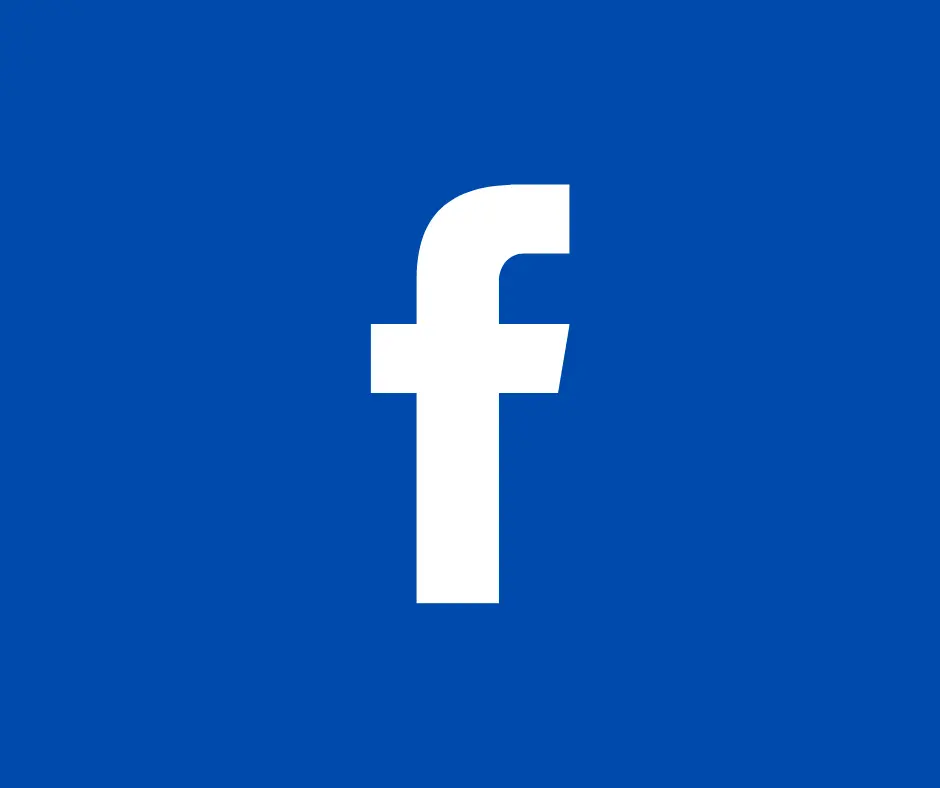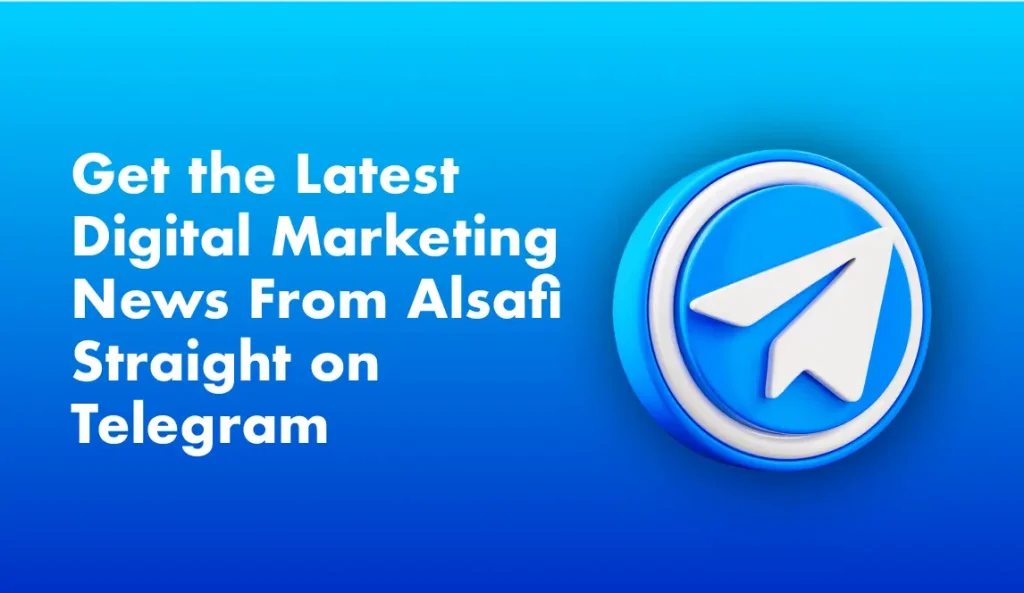Facebook is taking steps to become more creator-friendly by consolidating its monetization programs into a centralized Facebook Content Monetization hub. With the growing influence of short-form video content, this hub will simplify monetization for creators across various formats like Reels, longer videos, photos, and text posts. The new system offers three main monetization opportunities: in-stream ads, Ads on Reels, and performance bonuses. By centralizing these programs, Meta hopes to create a more transparent and manageable platform for creators to track their earnings and performance.
The social network’s initiative comes as competition for creators heats up across platforms. In 2023, Meta revealed that creators have earned over $2 billion on Facebook, with payouts for short videos like Reels growing by 80%. Despite the impressive growth, Facebook still trails YouTube, which paid creators $70 billion in the past three years. Facebook is simplifying the monetization process for creators. The platform is also driving incentives toward content that boosts user engagement.
Starting this week, Facebook will invite 1 million creators already monetizing on the platform to join the beta phase of the Content Monetization hub. By 2024, open enrollment will be available for all creators. This marks Facebook’s shift to become a key destination for creators seeking new revenue streams. Meta’s early performance bonus programs offered creators thousands of dollars per month for hitting view count goals. However, these payouts have fluctuated and, in some cases, decreased over time.
To learn more about this topic, check out our Facebook Adds Affiliate Links to Help Creators Monetize Content for deeper insights.
Impact on Marketers
Facebook’s monetization hub offers marketers a chance to collaborate with creators who are motivated to produce content. As creators seek stable revenue, brands can form stronger partnerships with influencers who may prefer Facebook. The hub provides creators with better performance insights, helping them focus on high-quality content that drives engagement. This benefits marketers aiming to maximize return on influencer marketing campaigns.
The simplified monetization process could attract more creators to Facebook, increasing competition and encouraging creativity. Marketers can target creators in the beta phase, offering brand partnerships that tap into the growing video ecosystem. The rise in Reels content offers marketers more chances to integrate brand messaging. Ads and influencer collaborations can thrive on this large platform.



